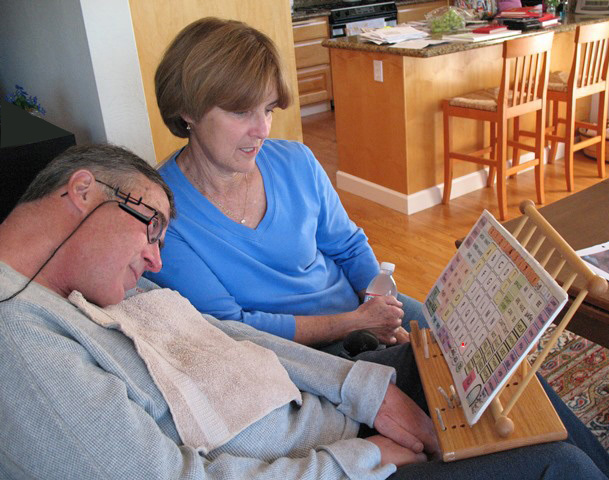A second drug has been approved by the US Food and Drug Administration to treat amyotrophic lateral sclerosis (ALS), or Lou Gehrig’s disease.
The drug, known as Radicava or edaravone, was developed in Japan and was successful in slowing the progression of ALS in a six-month clinical study. The treatment must be administered via intravenous infusion and will cost a patient $145,524 annually, the New York Times reports. In the United States, the manufacturer is MT Pharma America, a subsidiary of the Japanese Mitsubishi Tanabe Pharma Corporation.
The first drug approved by the FDA for ALS, riluzole, came out over 20 years ago. Riluzole has proven to extend survival from the degenerative disease by two or three months. There is no information yet on Radicava’s effect on the same.
In the study in Japan, 137 ALS patients were randomly selected to receive either the new drug or a placebo. After six months, the condition of those taking Radicava improved compared to those receiving placebos.
Dr. Neil A. Shneider, director of the Eleanor and Lou Gehrig ALS Center at Columbia University Medical Center, says of the results,
The effect is modest but significant. I’m very happy, frankly, that there is a second drug approved for ALS.
ALS destroys nerve cells that control voluntary muscles, making patients weaker and eventually paralyzed. Most of those who suffer from the disease die within three to five years, generally from respiratory failure. In the USA alone, some 12,000 to 15,000 people have ALS, the Centers for Disease Control and Prevention states.
Shneider says he has patients who have already obtained the new drug from Japan, and are taking it. If more is needed, he will prescribe it. “It’s very safe,” he says. However, Shneider is doubtful about recommending Radicava, as the method of taking it is difficult.
In order to receive the treatment, patients must have an intravenous line inserted and left in place, which heightens risks of infection. The first treatment session means a one-hour infusion every day for 14 days, then 14 days off. Next, the infusions are administered daily for 10 out of 14 days, with 14 days off.
The FDA says that side effects include bruising, gait disturbance, hives, swelling, shortness of breath, and allergic reactions.
MT Pharma America has offered to help co-pay treatments for patients with commercial insurance, as well as aid those who are uninsured or have problems with their coverage.
























